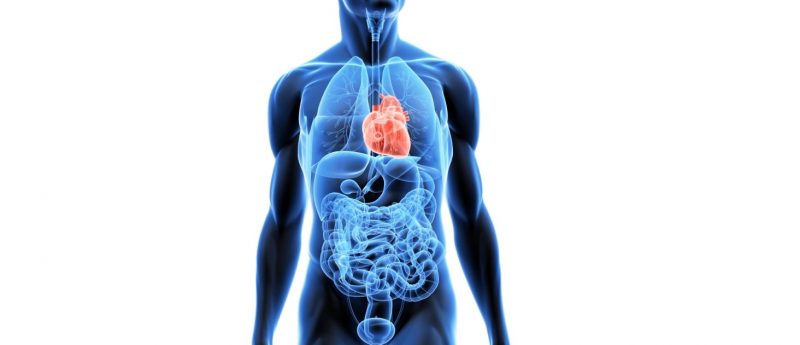Boosting heart regeneration: chemicals identified that enhance direct cardiomyocyte reprogramming

Researchers at the Gladstone Institute (CA, USA) have identified a combination of TGF-β and WNT inhibitors that together enhance cardiac reprogramming in vitro and in vivo, providing hope for cardiac regeneration and treatment of heart failure.
Researchers from the Gladstone Institute (CA, USA) have discovered that a combination of a TGF- β and WNT inhibitors increases efficiency when reprogramming cardiac fibroblasts for the potential treatment of heart failure. The group is currently focused on cellular reprogramming of cardiac fibroblasts into induced cardiomyocyte-like cells in situ, with the hope that this will provide a strategy for cardiac regeneration in heart failure patients.
The technique involves the overexpression of three cardiac transcription factors, Gata4, Met2c and Tbx5 (GMT), which leads to the promotion of heart cell regeneration following injury. Unfortunately however, this is associated with a low efficiency in vitro and only approximately 10% of cells are successfully converted to heart muscle cells.
In a recent study however, the team identified that a combination of the TGF- β inhibitor SB431542 with WNT inhibitor XAV939 resulted in an eight-fold increase in reprogramming efficiency of GMT-overexpressing cardiac fibroblasts. The chemicals also enhanced the rate of cellular conversion demonstrated through the observation of beating cells within 1 week, compared to the 6—8 weeks in untreated GMT cells.
A significant improvement in cellular reprogramming and cardiac function was also demonstrated in mice exposed to GMT and the chemical combination for 2 weeks, compared to those exposed to GMT alone. Similarly, human cardiac cell reprogramming was enhanced upon TGF-β and WNT inhibition.
“Heart failure afflicts many people worldwide, and we still do not have an effective treatment for patients suffering from this disease,” stated first author Tamer Mohamed. “With our enhanced method of direct cardiac reprogramming, we hope to combine gene therapy with drugs to create better treatments for patients suffering from this devastating disease.”
Sources: Mohamed TMA, Stone NR, Berry EC et al. Chemical enhancement of in vitro and in vivo direct cardiac reprogramming. Circulation. doi: 10.1161/CIRCULATIONAHA.116.024692 (2016) (epub ahead of print); https://gladstone.org/about-us/news/scientists-create-heart-cells-better-faster-stronger